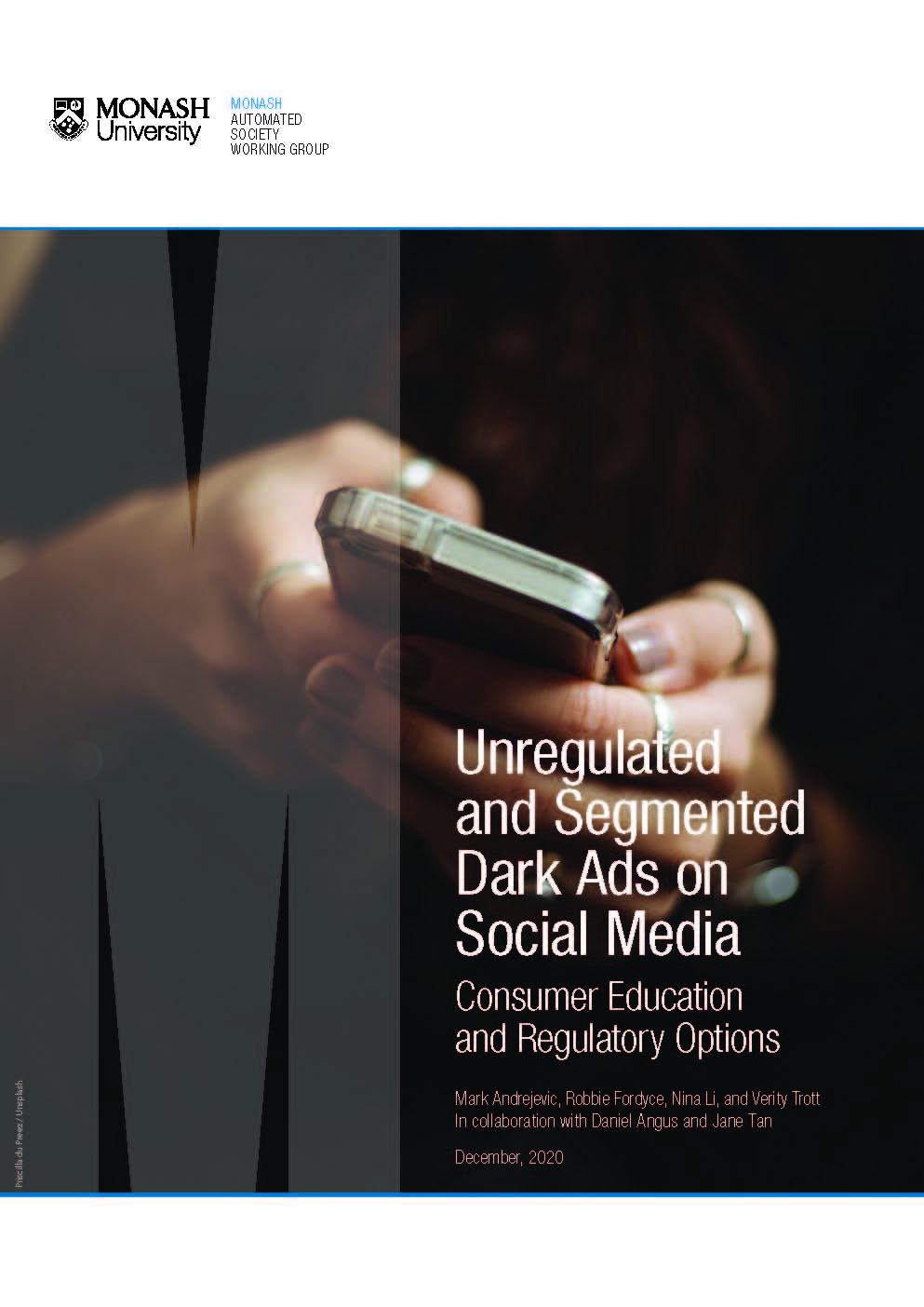- Details
The Australian Communications Consumer Action Network (ACCAN) has called for greater reliability safeguards after data from the ACMA shows unreliable telco services are driving hundreds of thousands of complaints.
In a report released this morning, the ACMA revealed that 448,470 complaints were filed by unhappy telco consumers in the quarter to December 2018. Taking into account the number of telco services in operation across the country, this equals 108 complaints per 10,000 services – a 10.2 per cent increase since the previous quarter.
Read more: Telco complaints demonstrate need for right to reliability
- Details
The Telecommunications Industry Ombudsman (TIO) is investigating options for internal reform in the wake of recommendations from the Consumer Safeguards Review Part A: Complaints handling and consumer redress. The first part of this investigation relates to possible changes to the TIO Constitution to reform the structure and selection of its Board. ACCAN’s response to the TIO Option Paper proposed a number of changes to enhance the independence of the TIO Board and strengthen the consumer perspective in Board matters.
Read more: Response to TIO Options Paper: Possible Amendments to Constitution
- Details
The peak body for the telecommunications industry, Communications Alliance, has conducted a preliminary consultation on a Draft Industry Guidance Note about appointment of Authorised Representatives and Advocates. Authorised representatives are usually lawyers, financial counsellors or family members of customers who need assistance managing their telco affairs.
The Draft Guidance Note provides recommendations about how telcos should go about authorising representatives who act on behalf customers.
Communications Alliance will be consulting further on the Guidance Note in September 2019.
In our written feedback, ACCAN proposed that substantial adjustments be made to improve the efficiency and fairness of the authorisation process.
Read more: Draft Industry Guidance Note - Authorised Representatives and Advocates.
- Details

The revised Telecommunications Consumer Protection (TCP) Code fails to adequately protect telco consumers, according to consumer groups.
Despite consultation with the telco industry and regulator, consumer groups including ACCAN, Consumer Action Law Centre, WEstjustice, Financial Counselling Australia, Financial and Consumer Rights Council, Financial Rights Legal Centre, Money Mob, and HK Training and Consultancy, consider that the new TCP Code does not provide strong enough consumer protections.
- Details
Australia’s peak communications consumer advocacy group, the Australian Communications Consumer Action Network (ACCAN), has today announced the seven successful projects that it will fund through the 2019 Round of the ACCAN Grants Program.
The ACCAN Grants Program funds projects to undertake research on telecommunications issues, represent telecommunications consumers, and create educational tools which empower consumers to understand telecommunications products and services and make decisions in their own interests.
- Details
 WESNET (Women's Services Network) Incorporated
WESNET (Women's Services Network) Incorporated
Grant round: 2019
Amount: $49,807
- Details
WEstjustice
Grant Round: 2019
Amount awarded: $50,000
Read more: Newly-Arrived Consumers Telecommunications Advocacy Project
- Details
 SACOSS (South Australian Council of Social Service)
SACOSS (South Australian Council of Social Service)
Grant Round: 2019
Amount: $99,112
Read more: Connectivity Costs II: Telecommunications Affordability and Waged Poor Households
- Details

Grant Round: 2019
Amount: $50,000
Read more: Telecommunications Debt in Rural and Remote Indigenous Central Australian Communities
- Details

Monash University, Automated Society Working Group
Grant round: 2019
Amount: $49,579
- Details
 First Nations Media Australia
First Nations Media Australia
Grant round: 2019
Amount: $49,670
Read more: Indigenous Community Perspectives and Experiences of Digital Inclusion

 Deakin University
Deakin University